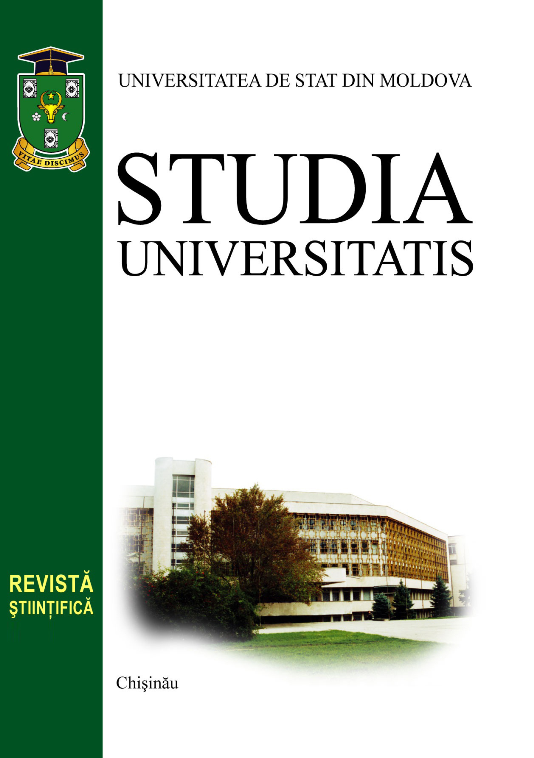CORAPORTUL „RISC-BENEFICIU” ÎN PROCESUL CERCETĂRILOR BIOMEDICALE ASUPRA PERSOANEI: IMPLICAŢII JURIDICO-PENALE
Vitalie-Silviu MIDRIGAN Catedra Drept Penal şi Criminologie
Rezumat
In the realm of health care it is difficult to hold rules or principles that are absolute. This is due to the many variables that exist in the context of clinical cases as well as the fact that in health care there are several principles that seem to be applicable in many situations. Even though they are not considered absolute, these rules and principles serve as powerful action guides in clinical medicine. Over the years, these moral principles have won a general acceptance as applicable in the moral analysis of ethical issues in medicine. The commonly accepted principles of health care ethics include: the principle of respect for autonomy, the principle of non-maleficence, the principle of beneficence, and the principle of justice. In other words, the physicians have a “prima facie” duty to both benefit the patient and to “avoid harming” the patient. However, in the actual situation, we must balance the demands of these principles by determining which carries more weight in the particular case. Prima facie duties are always binding unless they are in conflict with stronger or more stringent duties. A moral person’s actual duty is determined by weighing and balancing all competing prima facie duties in any particular case.


